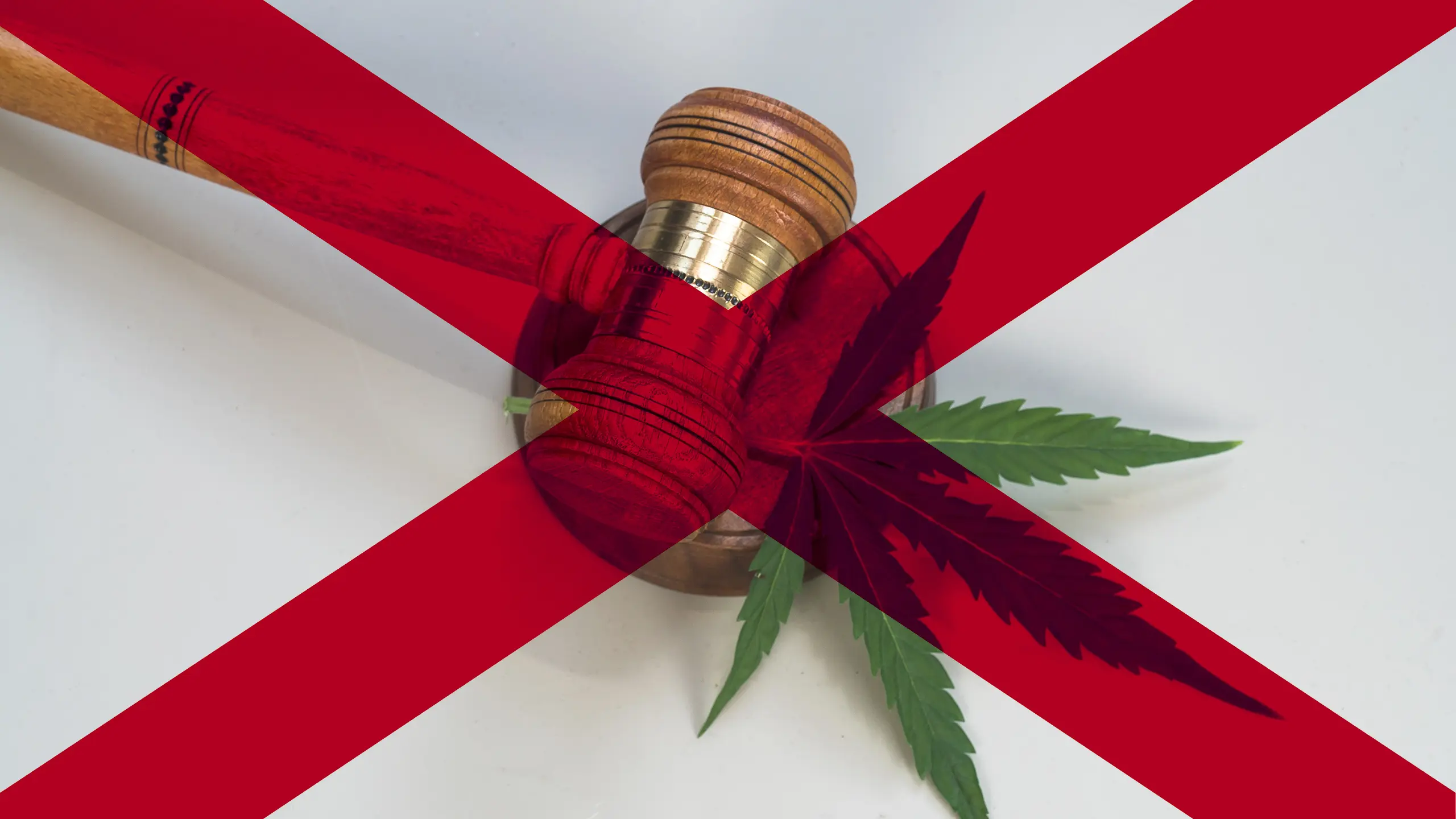Jennifer Boozer’s business is going under.
It’s a done deal at this point. There’s no saving it. Even though just a couple of months back it was thriving. Jennifer and her family finally had a little financial security from that business. She’d worked hard, overcome against long odds, had made it as a small business owner.
Then, whoosh.
Out went the rug from right underneath her.
Not pulled by mistake or chance. Not a product of some questionable decision she made. Not even a change in the free market.
Nope. Her business was undone by a bunch of lawmakers picking winners and losers.
Boozer’s business is—or, I suppose, “was” is more accurate at this point—CannaBama, a shop that specialized in hemp-derived wellness products. Put more simply, CannaBama sold gummies and smokeable products derived from hemp but that adhered to federal and state guidelines for legality.
She had been doing so, like hundreds—literally hundreds—of other similar businesses around Alabama for the past six years. They took their products and their roles in wellness seriously. They purchased from reputable suppliers, educated their customers on proper usage, worked with people all the time who were suffering from unimaginable ailments, like cancer and diabetes. People who had tried the other painkillers, dealt with addiction and couldn’t find adequate relief.
They had followed the laws. Hell, they had even tried to write more stringent laws to better regulate their industry and require better product information and more oversight of who was allowed to sell.
Then, House Bill 445 came along.
A bill so ridiculous that even the governor of Texas—a man not exactly known for his liberal leaning—had vetoed in his state. Because HB445 essentially outlawed everything that CannaBama and similar stores were doing, leaving only a handful of products still legally available to sell and limiting the quantity of those products to quantities so small that it’s almost not worth it.
The stores’ top money makers, though, were banned. Possessing them or selling them now constitutes a Class C felony. For comparison, fentanyl possession is a Class D felony.
Let that sink in.
No, really, think for a few moments about the fact that Alabama now considers it worse to possess a hemp product than to illegally possess fentanyl. Possession of marijuana, I’d like to remind you, is a misdemeanor.
None of this makes sense, obviously. And in such cases, when our lawmakers do something that so obviously doesn’t make sense, I’ve repeatedly told you what the answer is: money.
In this case, it’s not hard to follow the trail. Actually, it’s a split trail, with one leading to alcoholic beverage manufacturers and distributors and another leading to the medical cannabis industry. Between the two of them, the poor little hemp industry didn’t stand a chance with Alabama lawmakers, who have rarely been able to resist the allure of easy money.
Hemp products—and marijuana products where they’re legal—are killing corporate profits in the alcohol industry. The expansion of products, such as THC-infused drinks and a variety of more enjoyable THC products, have led to younger consumers abandoning traditional alcohol drinks.
This is not a secret, nor is it very hard to understand. The THC and hemp-derived products are better in almost every way. They typically don’t have many of the same side effects, don’t have the same risks and don’t result in hangovers. All while delivering the same calming effect on consumers.
Now, there’s nothing stopping the big alcohol beverage companies from jumping in the THC/hemp game, and some have. But it’s a lot easier if you can get lawmakers to slant the playing field in your favor. Or, as we’ve come to know it, if you can get lawmakers to pick you as the winner, free market be damned.
That’s exactly what’s happened in Alabama. With HB445, lawmakers picked alcohol beverage companies and those in the medical marijuana industry (assuming we ever actually have such an operational industry in this state) as the winners. And they’ve made the hemp folks at every level the losers.
Doesn’t matter that none of it makes sense. That hemp is much safer than any alcohol beverage product ever produced or sold. That hemp could have been regulated in a manner that ensured its safe distribution and also didn’t give either industry an advantage.
Next week, on July 1, hundreds of Alabama businesses will basically be shuttered. If not immediately, then soon. Not to the benefit of a single Alabamian, much less the business owners. Only to the benefit of a handful of donors and lobbyists.
It’s an absolute gut punch for Boozer.
“I don’t want to be broke. I don’t want to have to start from scratch again,” Boozer said. “I’ve been there. We followed every law, every regulation. And I just feel so bad too for all of my customers who I know won’t have alternatives for their problems. What are they supposed to do? Go back to Oxycontin? Buy marijuana off the street?
“They’ve taken away products that work for real people—good products that were safe and effective. Products that made a difference for millions of people. I’m going to be alright. I know what to do. But these people … they didn’t even think of them. We all know what this was about and it wasn’t about people.”
Nope. As always, it was about money.















































